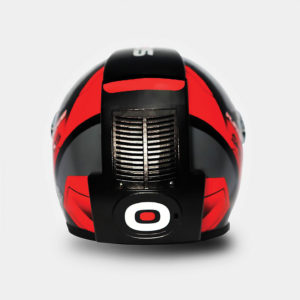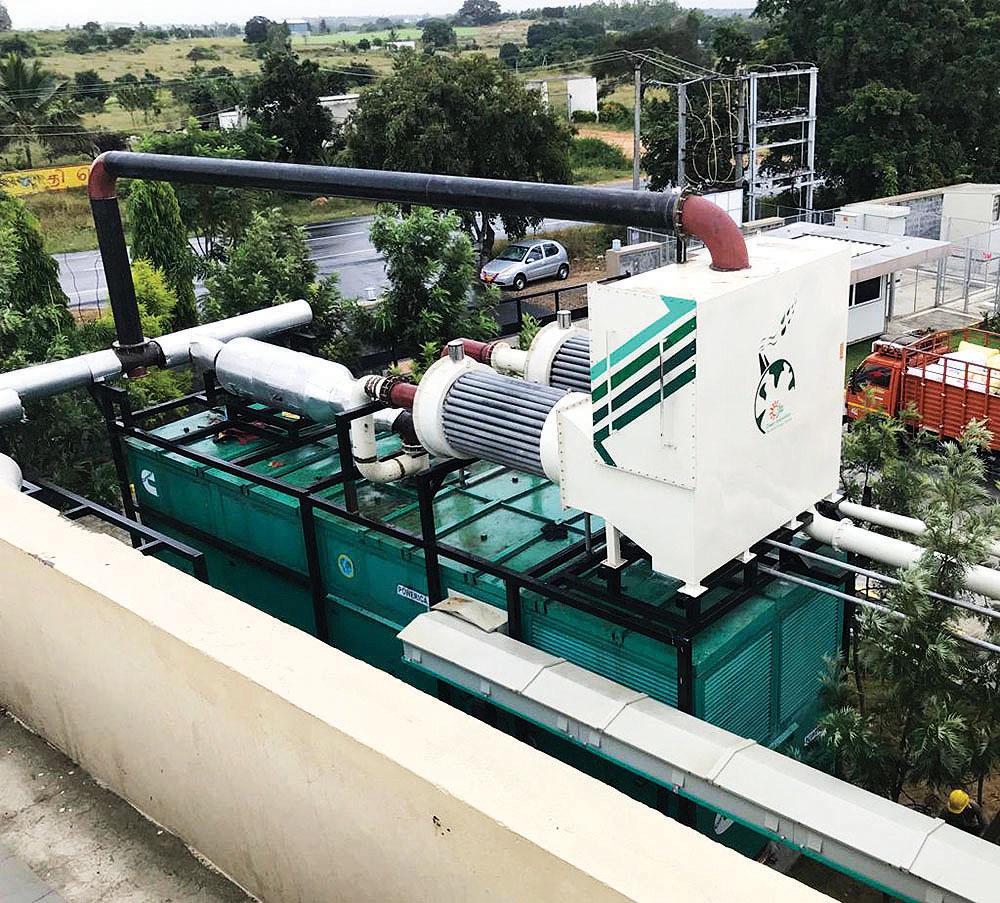Young engineers have come up with new technology that can save the city’s air from being polluted – from a machine that can pulp crop residue to filters you can stick up your nose
On November 13, the Supreme Court criticised the Central government for failing to find solutions to deteriorating air pollution levels. The Capital city’s overall air quality index (AQI) read at 482 on Thursday, and entered ‘emergency’ zone. Despite the odd-even scheme being implemented, schools in the Capital are shut.
While the Central and Delhi governments are grappling with ways to curb the pollution. Patriot looks at various startups based in Delhi, some run by IIT alumni, which are coming up with innovative ways to help the government and the public.
According to the NASA Earth Observatory, farmers burn 7-8 million metric tonnes of rice straw every year as soon as the harvest season gets over. This is said to be one of the major causes of Delhi choking every winter season with ‘severe’ levels of AQI.
With the idea of eradicating the practice of paddy straw burning in India, by adding value to agricultural residue, while also making it an asset for farmers, Kriya Labs has come into the market.
Incubated at IIT Delhi in 2017, the idea was taken forward by three graduates Ankur Kumar, Kanika Prajapat and Pracheer Dutta, Kriya Labs aims to reduce the terrible aftermath of burning rice straw.
“We have a small-scale pulping technology to convert paddy straw to pulp. Pulp then becomes the raw material to manufacture different kind of items — specifically, sustainable packaging solutions,” says Ankur Kumar, co-founder of Kriya Labs.
Through its innovative solutions, Kriya Labs has now come up with different sizes and shapes of biodegradable tableware, lamps and homeware.
In order to provide an alternative to thermocol, Kumar says that the pulp can be made into moulded packaging products.

“Our idea is to collaborate with local entrepreneurs and install small-scale pulp manufacturing units. We will aggregate the pulp so that these entrepreneurs get market guarantee for it,” says Kumar.
The machine which will convert the pulp into biodegradable products will cost Rs 80-85 lakh, informs Kumar. He is confident that the “amount will be an investment which will bring enough revenue to break even within a year.”
Kumar says that the technology which has gone through a lot of pilot projects will be in the market by the end of this year. He also says that once the technology is available, the “medium and large-scale farmers will be the core customer base. A lot of queries have come from farmers based in Punjab and Haryana.”
“It’s not about the initial capital investment but the returns that will start coming within a year,” says Kumar. Kriya Labs is also in talks with various banks so that the interested persons can get funds.
In the larger picture, Kriya Labs aims to get enough business for some 500 of these units to be installed across the Punjab and Haryana region.
With the establishment of Centre of Excellence for Research on Clean Air (CERCA), IIT-Delhi has conceived other such solutions to combat air pollution.
Chakr Shield is one such device. A product of Chakr Innovation, a clean-tech startup in Gurugram, it captures over 90% of particulate matter emissions from the exhaust of diesel generators without causing any adverse impact on the diesel engine.
“The technology was developed in 2015 when three friends from IIT Delhi were suffering from air pollution problems themselves. It was during their college days when they had an idea to purify air pollution and convert the captured pollutants into something useful, such as inks and paints,” said Shreya Kapoor, Marketing Manager, Chakr Innovation.
The startup was able to raise Rs 19 crore through a Series A funding led by ONGC, INA, JSA and Parampara.
Currently, Chakr Innovation is running 80+ devices in Delhi-NCR. These devices have been bought by the respective stakeholders. It has also introduced the second version of Chakr Shield with better advantages.
“So far, with this technology, we have been able to capture 700 kg of particulate matter, purifying 2100 billion litres of air. This is equivalent to the air breathed by almost 7 lakh individuals in one year,” says Kapoor.
The startup is not just eyeing at Delhi-NCR, but the “entire India where air pollution is a major problem that is being neglected miserably.”
Diesel generators used in weddings or any other function are a major contributor to PM 2.5. The contribution of diesel generators to PM 2.5 levels in Delhi is said to be 16%.
With a product life of upto 12 years, Chakr Shield converts the captured particulate matter, which can be later used as printable ink and paints.
The device can be retrofit for diesel generators ranging from 15 kVA to 2000 kVA, and requires fractional energy consumption to operate. Companies like Bosch and Indian Oil are on the client list of Chakr Innovation.
Engineers Amit Pathak and Mayank Pathak’s startup — Shellios — introduced Air Purification System Integrated Helmets for bikers
These helmets which come in range of colours, comprise of a filtration membrane, a blower fan, a lithium-Ion battery and USB charging point. Not only this, the helmets are equipped with a chin curtain in order to prevent re-entry of polluted air to ease up the breathing process.
The company claims that as per lab tests, it helps to reduce exposure to polluted air by more than 80%.
Nasofilters, is another product developed by a team of IIT Delhi. The product can be stuck in a person’s nostril to prevent the entry of pollutants in the body. It is hardly visible and one doesn’t feel discomfort while breathing as the Nasofilters require minimal pressure drop.





